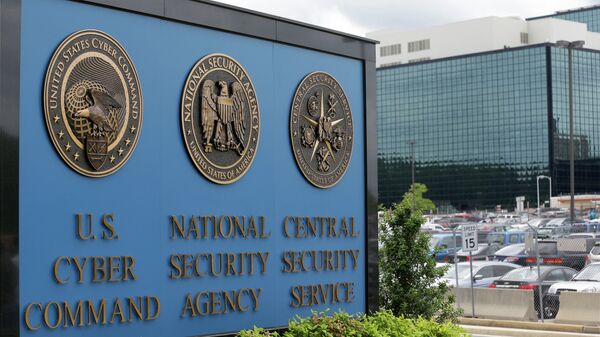In August 2020, Clinesmith admitted in court that he had altered a CIA email that investigators used in 2017 to seek court permission for a secret wiretap on former Trump campaign adviser Carter Page. Investigators were trying to uncover proof of collusion between Russia and the Trump campaign in the 2016 election, but ultimately uncovered no direct evidence of a conspiracy.
"This conduct is the only stain on the defendant's character that I've been able to discern,'' said US District Judge James Boasberg. Clinesmith earlier lost his career with the FBI after his actions were exposed, Boasberg said.
Previously the US government and prosecutors requested that Clinesmith receive punishment within the upper to middle areas of sentencing guidelines, which would have likely required him to serve a relatively short sentence in a federal prison.
"FISA's [Federal Intelligence Surveillance Act] reputation has suffered from this incident. The defendant's conduct undermined the integrity of the FISA process, Boasberg acknowledged.
Clinesmith altered an email to hide that Page was an "operational contact" for the CIA who was providing information about his contacts with Russian intelligence officers to the US intelligence agency.
In his sentencing hearing, Clinesmith said he was "ashamed" of what he had done. Because of the false and misleading information he forwarded, withholding any mention of Page's relationship with the CIA, the Foreign Intelligence Surveillance Court gave permission to the Department of Justice to monitor his electronic communications.
Prosecutors said the court would have likely denied the request had they known of Page's relationship with the CIA, as this would have explained his interactions with Russians.
Both the Trump campaign and Moscow have repeatedly denied allegations of collusion in the 2016 election.


